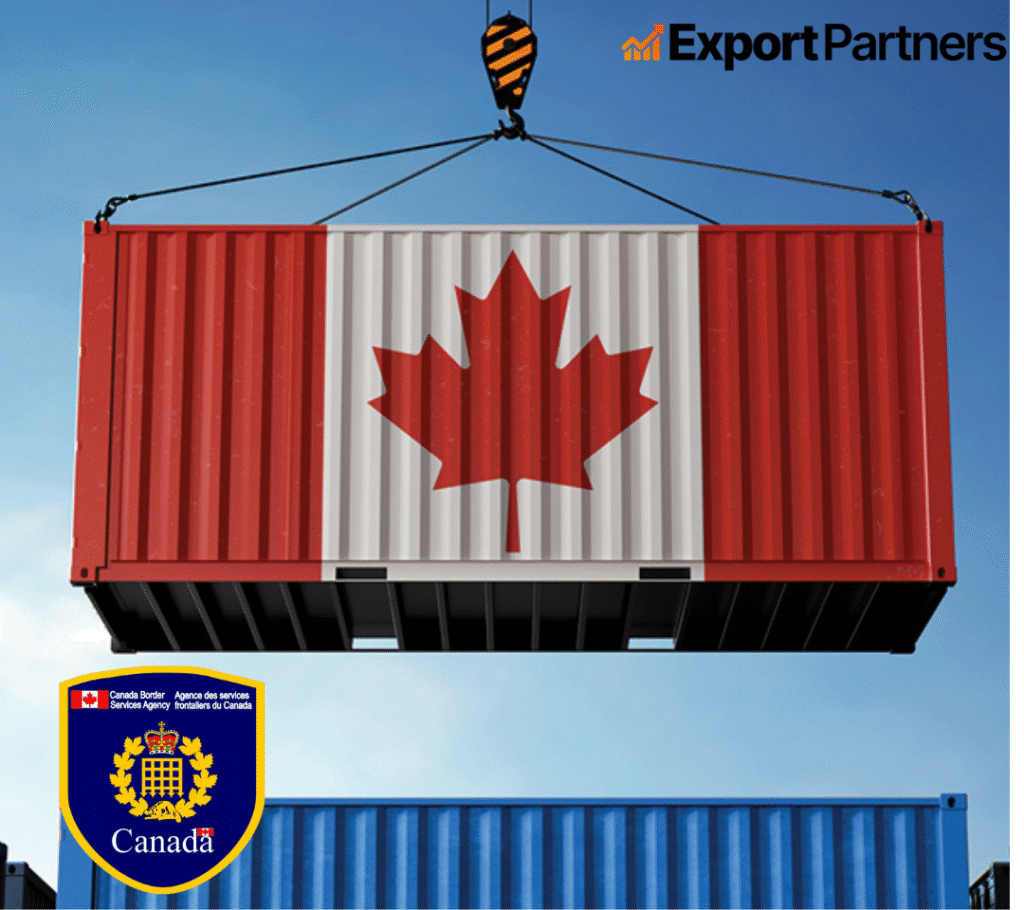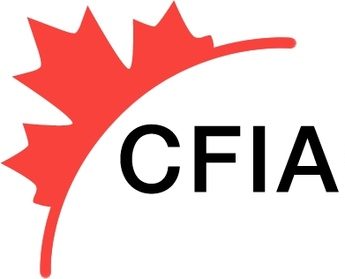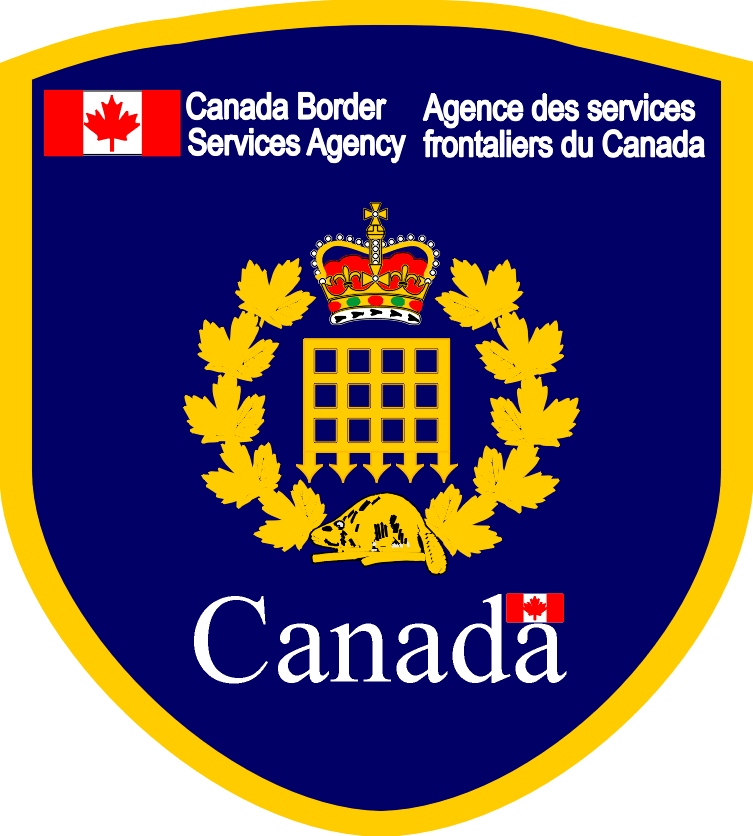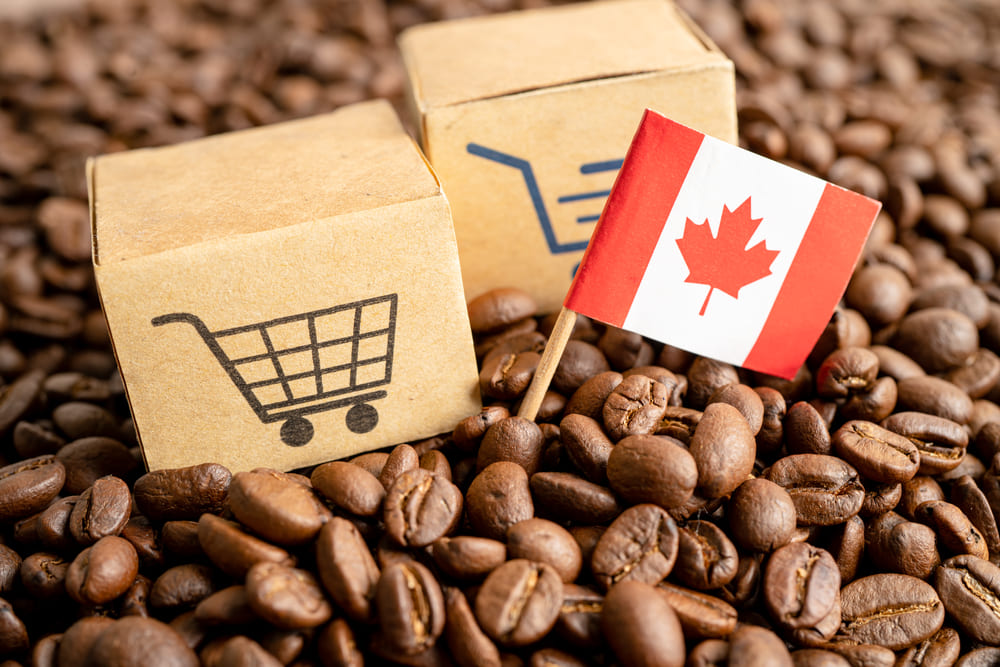
Canada is one of the most reliable and high purchasing power markets in the world. Especially Turkish food products (honey, olive oil, pulses, ready-to-eat foods, bakery products, spices) attract great interest in Canada. However, when entering this market, certification, customs and regulations play a critical role in the Food Export process.
1. General Situation in Canadian Food Imports
- Canada is a country dependent on foreign food products.
- Increasing migrant populations are driving demand for ethnic and healthy foods.
- Turkish and Middle Eastern products are widely sold in major cities such as Toronto, Vancouver and Montreal.
2. Required Registrations and Certificates

The main registrations and certifications that companies wishing to export food to Canada must comply with:
- CFIA (Canadian Food Inspection Agency) registration → Compliance with the Canadian Food Inspection Agency.
- SFC License (Safe Food for Canadians Licence) → Mandatory for the import and distribution of food.
- Labeling rules → Requirement for bilingual (English & French) labels.
- FDA and HACCP certificates → Added value in terms of export reliability.
- Organic certification (optional) → The organic market in Canada is growing rapidly.

3. Canada Customs and Logistics
- To ship food products to Canada, HS codes and product-based import permits must be established.
- Customs duties vary according to product category. Since there is no free trade agreement between Turkey and Canada, taxes are applied as standard.
- There are special transportation and storage requirements for cold chain products.
4. Canada Customs Processes: Step by Step
Customs processes for food exports to Canada are critical to ensure that the product passes through customs smoothly. Exporters should follow the steps below:
1. Product Classification (HS Code): The correct HS code of the product must be determined. Misclassification may result in additional duties and penalties.
2. Import Authorization and Prior Notification: For certain food products, the importer must pre-notify the CFIA prior to arrival in Canada.
3. Document Preparation: Invoice, packing list, certificate of origin, health certificates and analysis reports must be available.
4. Customs Duties and Taxes: Canada imposes customs duties ranging from 0% to 20% depending on the type of product.
5. Working with a Customs Broker: In Canada, the importer usually receives support from a customs broker. This speeds up paperwork and tax procedures.
6. Product Inspection: CFIA may conduct physical inspection and laboratory testing on some products (e.g. honey, dairy, meat).
7. Release: After all procedures are completed, the products are released to the Canadian market.
can enter.

5. What is an Importer of Record (IOR)?
One of the most important issues when exporting food to Canada is the IOR (Importer of Record), i.e. 'Official Importer' status. According to Canadian customs legislation, the importer bears all legal responsibility for the entry of products into the country. If the exporting company does not have its own company in Canada, it must operate through an IOR.
IOR's missions:
- Pay customs duties and taxes,
- Prepare and submit import documents,
- Confirm compliance with CFIA and other regulations,
- To be the official interlocutor for problems that may arise at customs.
For this reason, many companies shipping food from Turkey to Canada work with their local distributors or professional IOR service providers.
6. Sales Channels in the Canadian Market
- Amazon Canada (Amazon.ca) → Fastest entry channel.
- Ethnic markets and distributors → a strong selling point for Turkish products.
- Online stores (Shopify, Etsy, etc.) → Canadian consumers are open to digital shopping.
- HORECA (Hotel, Restaurant, Cafe) → Channel suitable for honey, olive oil, delicatessen products.
7. Advantages of Exporting to Canada
- High purchasing power and brand awareness.
- Cultural demand for Turkish products.
- Stable growth through long-term distributor agreements.
8. Things to Consider
- The Canadian market is highly regulated. Lack of certification and labeling can lead to products getting stuck at customs.
- Working with local partners is a great advantage when entering the market.
- Social media and influencer marketing are very effective in product promotion in Canada.
Do you want to export food to Canada but are intimidated by the procedures? As Export Partners Turkey, we are at your side for Canadian customs, certification, Amazon sales, finding distributors and IOR services.

